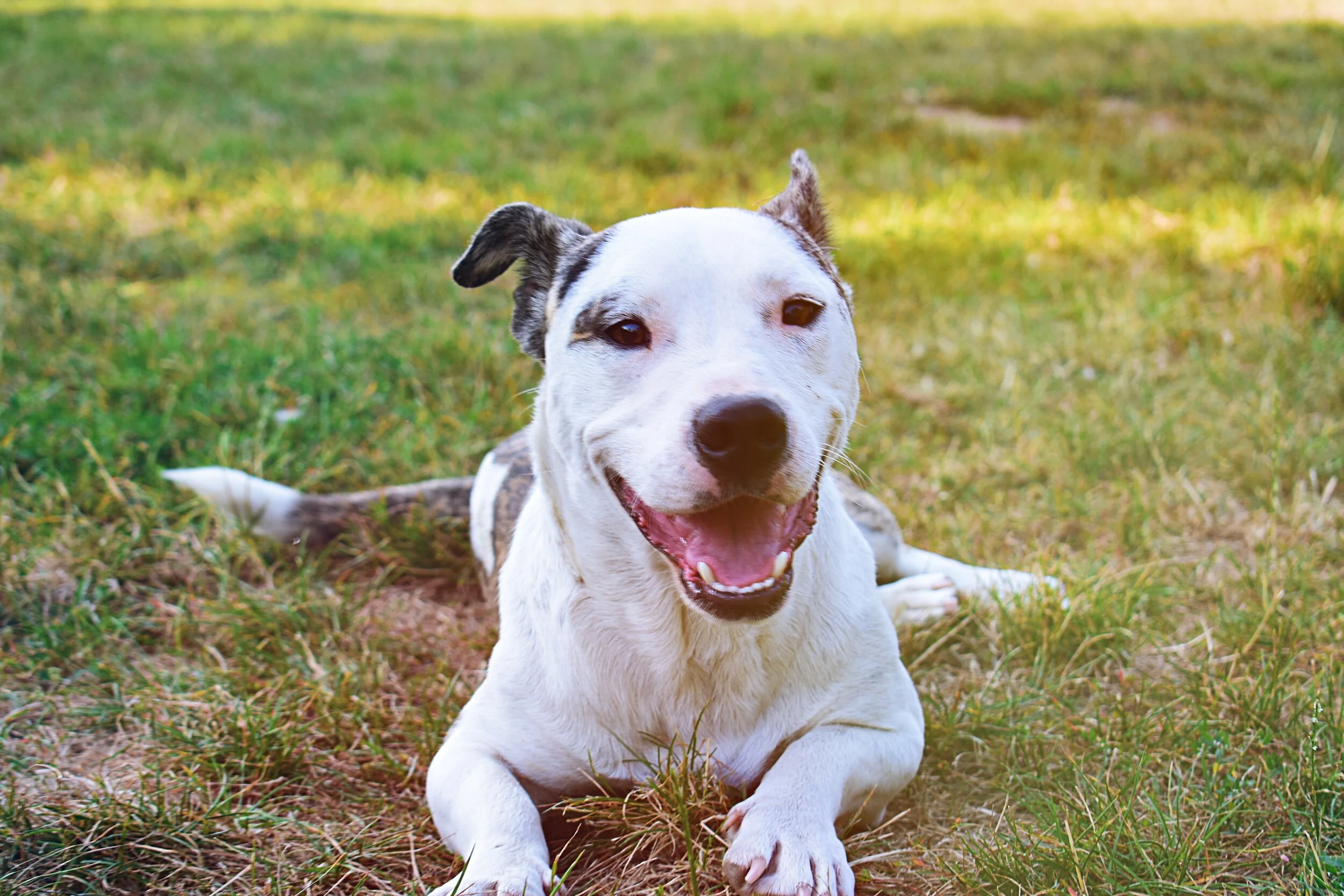Physical Therapy
Massage and Acupressure.
Common Conditions Treated (but not limited to):
Post-surgical
CCL (ACL) injuries
Intervertebral Disc Disease
Spinal Injuries
Hip and Elbow Dysplasia
Fractures
Weakness
Neurological disorders
Pain
And More!
People often think that physical rehab is only for dogs with very obvious problems such as acute injury or after surgery, but in fact, most of what we do is to improve the quality of life for the dogs by helping reduce pain, improve their movements so they can be more active, and also help to avoid surgery.
FAQs on Physical Therapy
-
Arthritis
We treat many dogs with arthritis! Rehab can help reduce the need for pain pills and help to keep these dogs moving. Arthritis improves with certain types of low impact exercise (certainly water exercise is included here) and we provide exercise plans specific to the dog’s current age and function.
Torn CCL
We see many, many injured CCLs in dogs. We help some dogs avoid surgery for a torn CCL. There are many grades of injury to the CCL and not all of them need surgery to have a successful outcome. Also, some dogs can’t undergo surgery due to medical conditions and physical rehab can assist with reducing pain and improving function! We also help with dog’s recovery from surgery if they end up needing to go that route.
Degenerative Disc Disease (IVDD) & Hip Dysplasia
We see young dogs with hip dysplasia and IVDD as well as older dogs. Young dogs often do not yet have the painful arthritis in the hips that occurs from years of laxity (looseness) in the hips. Strengthening exercises for the rear end can be helpful as well as education in maintaining ideal body mass, and lifestyle at home to support and protect the hips. Older dogs with debilitating arthritis from hip dysplasia are helped with low impact exercise, modalities to address pain and increase circulation and mobility.
-
Yes, we can teach you a few safe exercises to condition your dogs muscles. It is best to have a professional evaluate the dog before performing any exercises, as each dog is different and there are so many levels and states of injury, especially for a torn CCL.
For hip dysplasia, exercises that focus on improving hip range of motion and strength are the most helpful. These might include walking backwards, repeat sits, and then stand back up from sits, hill climbing, and stair climbing.
-
Every dog is different. We recommend coming in for a consultation to better determine a clear treatment plan. Factors such as demeanor, motivation, outlook and receptiveness to treatment will all come into play.
Keep in mind, the plan may change over time.
-
You can call, text or email us to get started! We will send you an intake form to get started. This will help us determine how to best treat your furry family member.
Please include: Your best weekday availability (morning or afternoon) and any information you would find helpful. We will respond as soon as possible.
Please note, due to COVID-19 and limited availability, cancellations must be made 48 hours in advance.
Any no-shows or secondary cancellations will result in a charge of 50% of the appointment.

